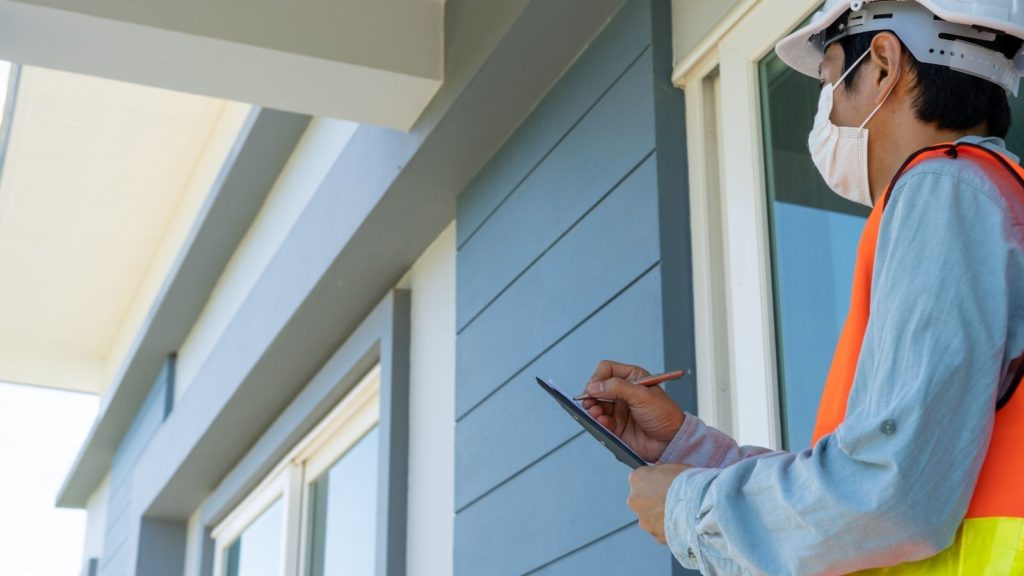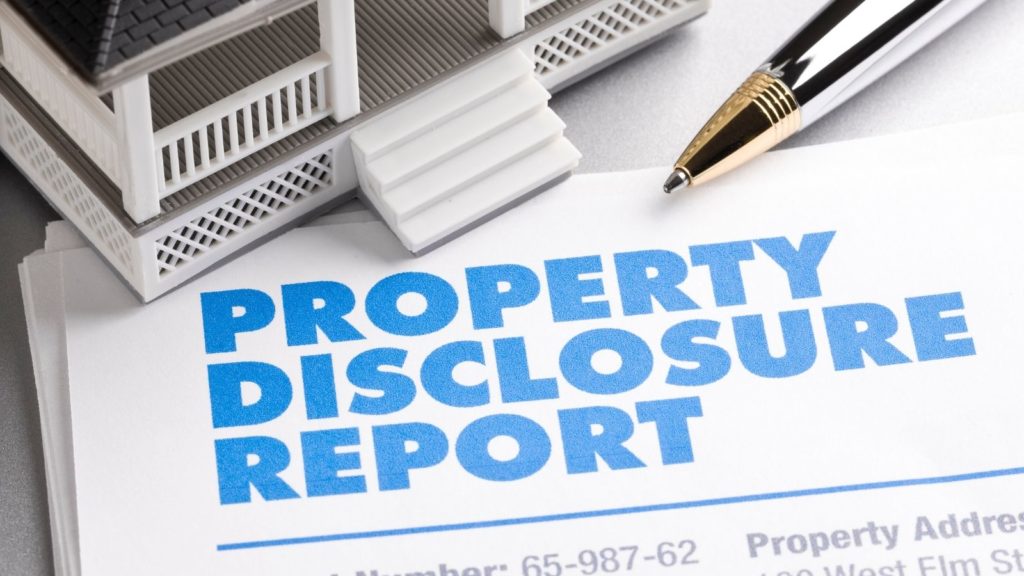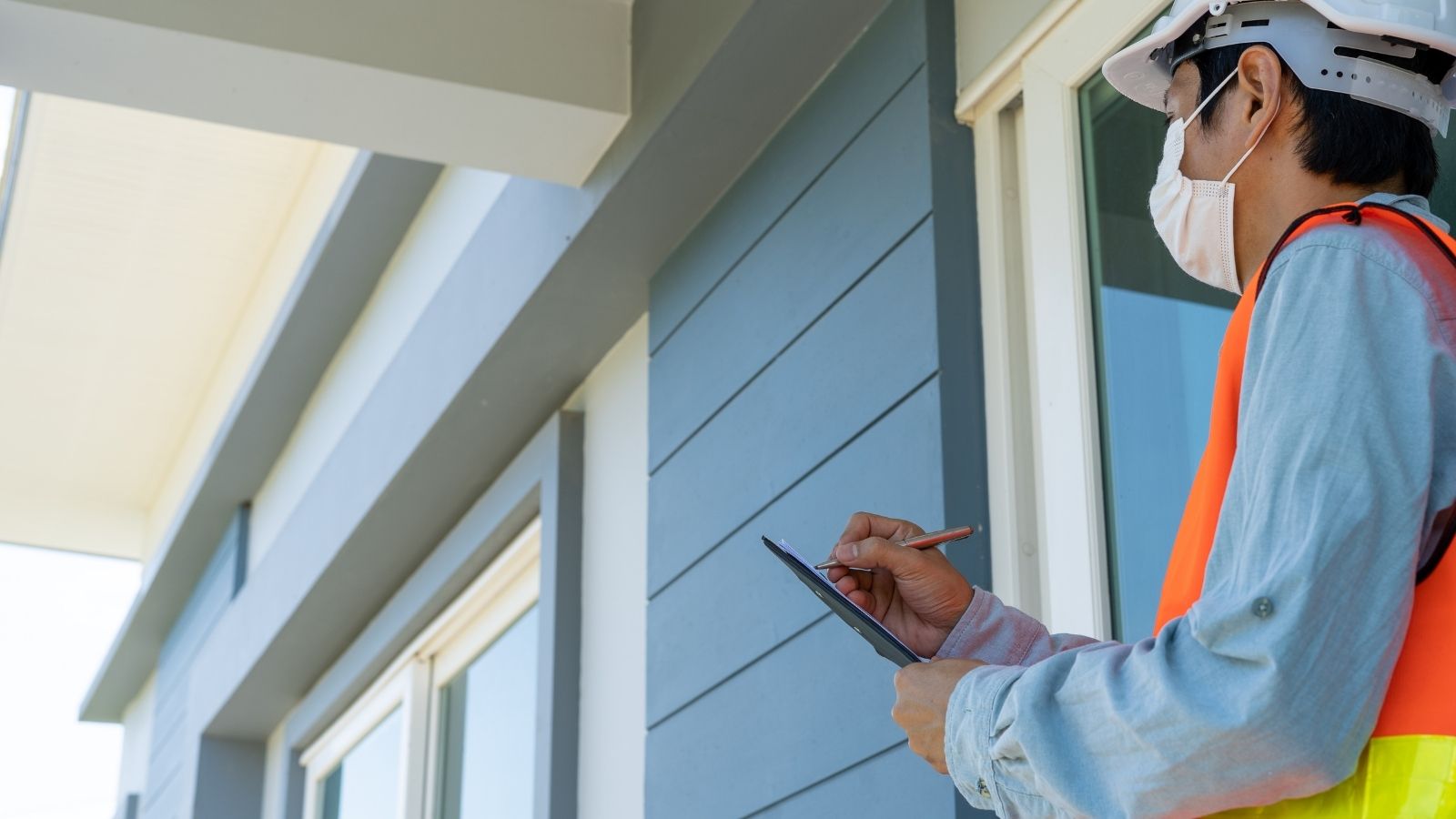Home sellers have a lot of work to do. They need to have their property listed and marketed. Many sellers are usually preparing their houses for showings while they’re also looking at other homes and neighborhoods that they’d consider living in.
It’s normal for most houses to have at least a few signs of wear and tear after years of ownership. However, foundation problems can be a more significant concern. They can also make it more difficult to sell your home.
There are various reasons why foundation problems can occur. Most issues are due to the inadequate soil properties for the home or changes to the soil substance. Broken or damaged plumbing lines, large trees, and contraction or expansion that happens because of moisture are some of the common culprits in this case.
You can search for foundation issues yourself or you can hire professionals to inspect the condition for you. Things like windows and doors that are out of alignment and visible cracks in walls and floors are typical warning signs. The nature and severity of these problems can vary greatly from one situation to another.
You may luck out and have foundation problems that will only cost a few hundred to a few thousand dollars to fix. On the other hand, your home could have foundation issues that require extensive work. The repair efforts may run in the five to six figure range.
Here are a few things to know about selling a house that has foundation issues:
1. Decide whether or not you want to fix the problem before selling your house.
It’s a good idea to have an expert inspect the foundation before putting your house up for sale. That way, you’ll know the nature and severity of the problem. You’ll also have a good idea of what the repairs will cost.
You can then determine if you want to pay for those repairs or leave the home in an “as is” condition. You may be able to sell your home faster if you take care of the problem first. Leaving the property in its current state may lead you to reduce the asking price for your home.

2. Work with your realtor.
No matter what you decide, talk to your real estate agent. Make sure that they fully understand the situation. Many realtors have a network of professionals who can repair the foundation issues.
Your realtor should work with you on a comprehensive plan to sell your home. They will work around your schedule in planning open house showings. Communicate with your agent on a regular basis and feel free to address any questions or concerns that you may have.
3. Disclose the foundation issues in writing.
Even though you may be concerned about what possible buyers may think, it’s best to be very open and honest about the situation. There’s no point in hiding things, especially since an inspector will undoubtedly notice the condition after a purchase agreement has been signed.

A building contractor or other professional should be able to prepare a written assessment of the foundation issues in your home. Their evaluation should include an approximate cost and time frame that it would take to return the property to a suitable state. Retain a copy of this information.
4. Provide copies of the disclosure to potential buyers.
Any interested parties should receive a copy of this disclosure. You should also provide them with any information from suppliers that you’ve contacted regarding the foundation problems with your house. Written documentation is easier to prove in court instead of verbal statements or agreements if the issues are brought into a court of law.
5. Receive written confirmation from the buyer that they have received the disclosure.
Written documentation is essential for every home sale. This matter is no different as a component of the transaction. If you find a buyer who agrees to purchase the property with the existing foundation issues, you should request written confirmation from them acknowledging that your disclosures about those issues were received and read.
That way, if something goes wrong with the foundation after the house has been sold, you can absolve yourself of any legal liabilities in that regard.

Foundation issues are a touchy subject. Some buyers shy away from any properties that need even the slightest amount of work, while others enjoy the challenges involved in renovations and repairs.
Feel free to discuss the foundation’s problems with interested parties and answer any questions or concerns that arise. You may agree to certain buyer concessions or both parties may even decide to split the costs of those repairs evenly.
Conclusion
Weigh the circumstances carefully. Think about what work needs to be done, how much it will cost, and how long the repairs would take. Keep your sale timeline and your budget in mind when considering if you want to repair the foundation problems before or after the sale. Factor in the potential profit (or loss) from each possible outcome.
Having a proper course of action can make the foundation issues less worrisome. Once you’ve identified the problem and learned what can be done to resolve it, you can focus on the sale.
When the transaction has been finalized, you can breathe a sigh of relief. You’ll have your payment for the net proceeds, and any current or future issues regarding the property’s foundation will no longer be your concern. You can move on and look ahead to the next phase of your busy life.
Have Questions? Ask Liz!
Give Liz Welch a call today to learn more about local areas, discuss selling a house, or tour available homes for sale.





